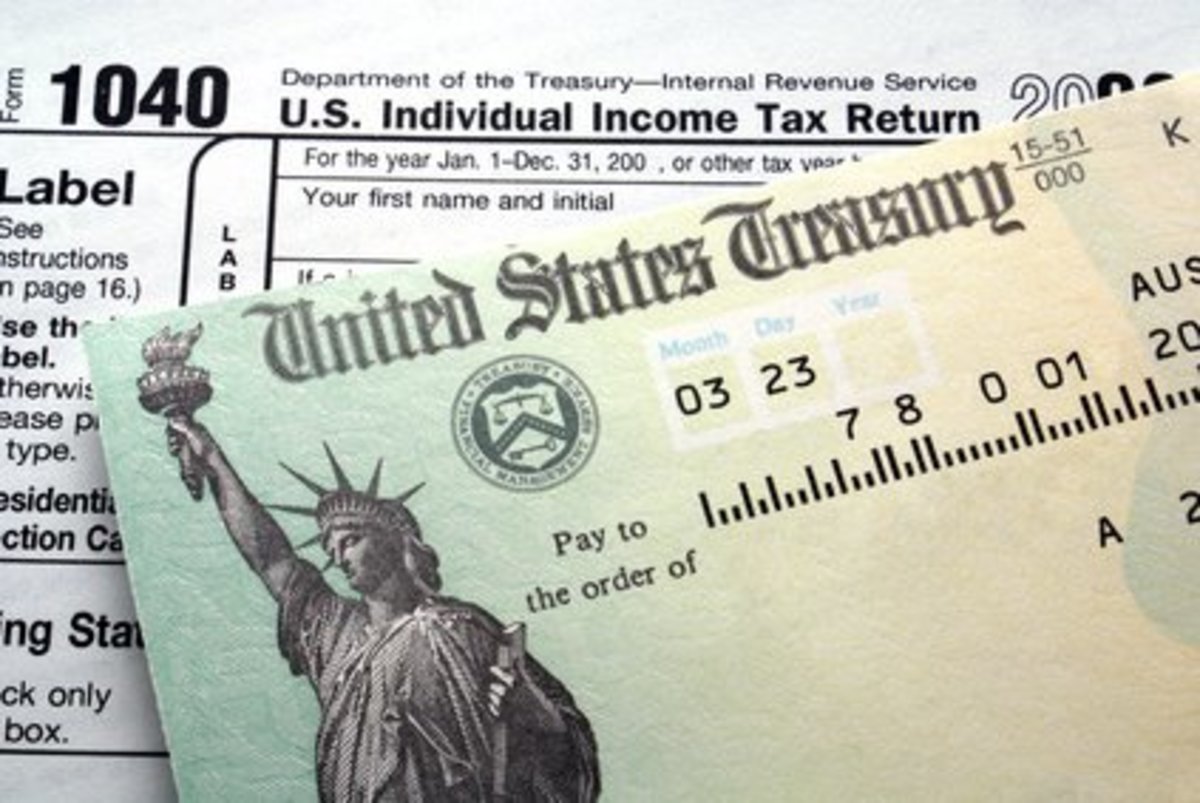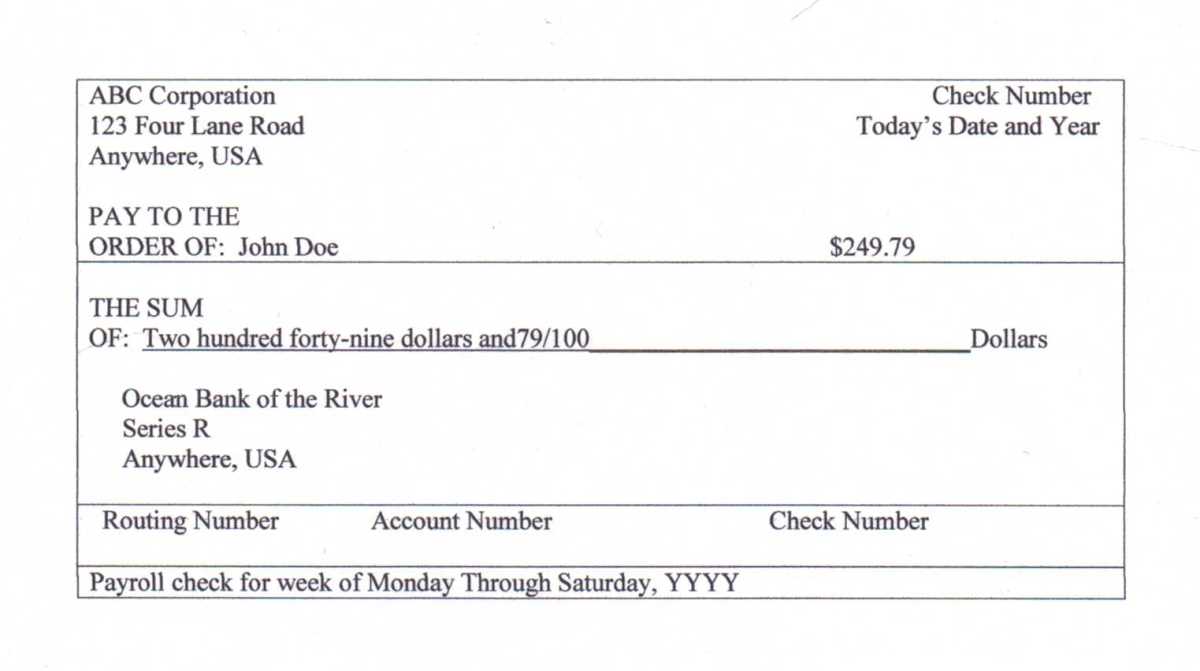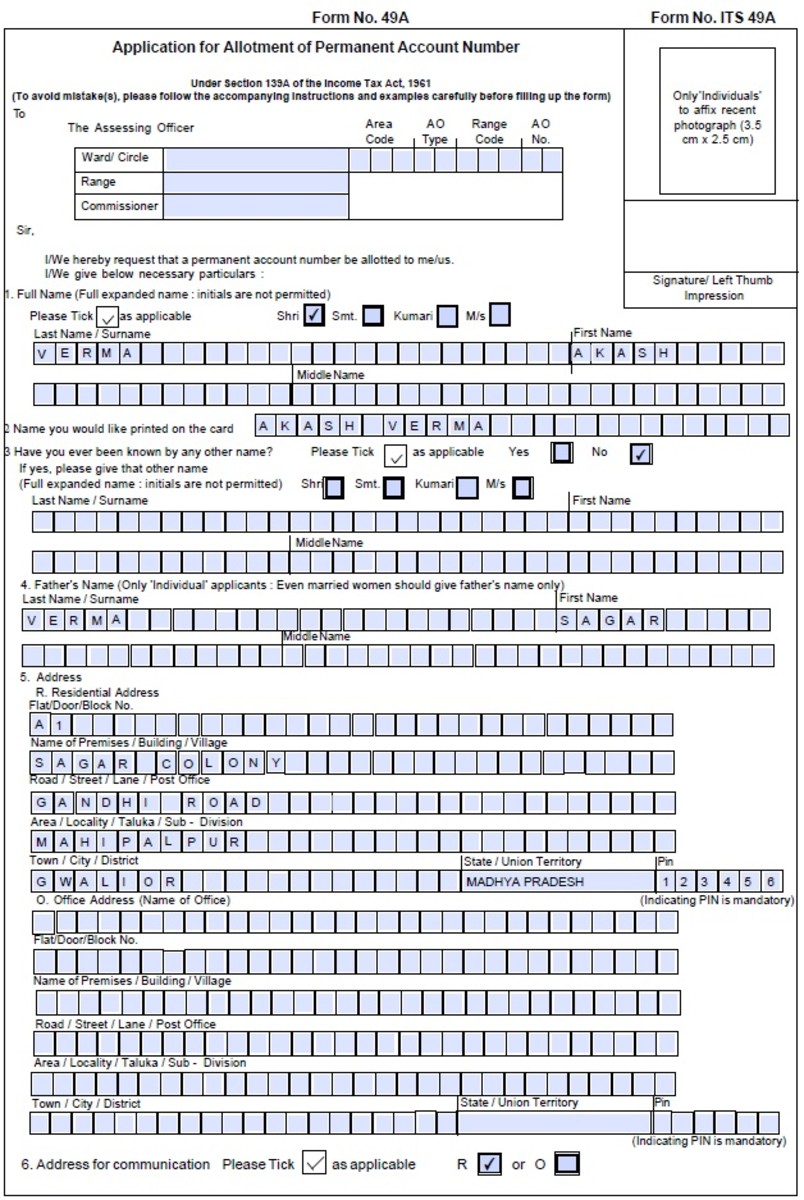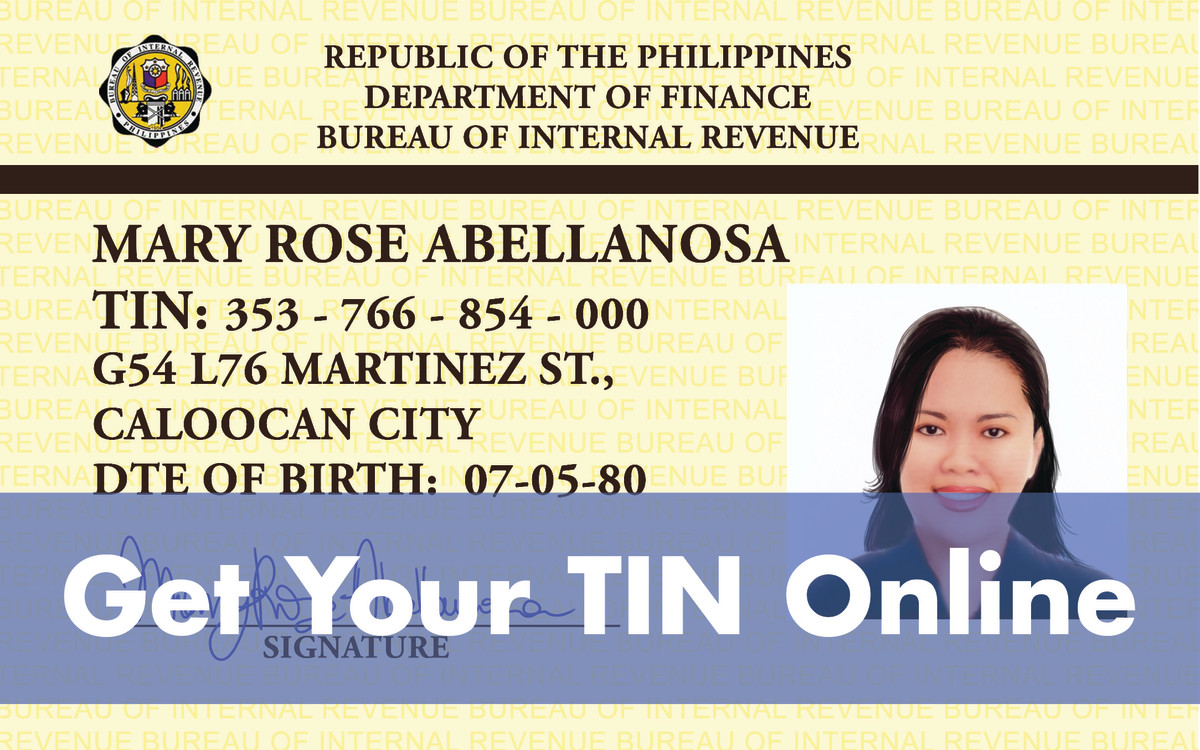How to Pay Taxes
The verdict is in and it isn’t good. After digging up every deduction allowed on Earth you owe the government some money. When a balance due shows up on a tax return, the first question is: How do I pay my taxes?
There are several options available. The government makes it easy for you to pay your taxes. We will review extensions, paying taxes with credit card, installment agreements, abatement, and Offers in Compromise. Your personal situation will determine which avenue to take. The worst courses of action are to not file the tax return (illegal and could lead to jail) or file the tax return and ignore the tax liability. The IRS will become more aggressive in their collection efforts as time goes by. They will garnish paychecks, levy bank accounts, and slap a lien against your home. How you pay your taxes is up to you, but if you allow the problem to fester it will be an unpleasant choice. Use this guide to chart the optimum course for you.

Simple Payment Methods
Most tax programs offer the opportunity to pay your taxes electronically from within the program. Once a tax liability is determined, you can enter bank account information right inside the tax software. The IRS will automatically withdraw the money on the due date. This is the simplest way to pay your taxes.
You can send a check to the IRS using Form 1040-V. The envelope must be postmarked by the due date.
Credit Card
You can pay your taxes with your credit card for a fee. The fee is in addition to your taxes owed and normally run around 2-2.5%. Your credit card may also assess a fee and interest. Any miles or cash back from the credit card company will be overshadowed by the upfront fee.
You can research companies offering credit card tax payment programs from the search engines. Most tax and financial professional agree this is the worst of all options to pay your taxes.
Installment Agreements
You can apply for an installment plan by filing Form 9465, calling the number on the IRS bill, and online at the IRS website if you owe $25,000 or less in taxes. You can include Form 9465 with the original tax return for paper and e-filed returns. Interest and penalties will continue to accrue. The installment agreement must offer to pay the tax in full in 60 months or less. You can also request a payroll deduction with Form 2159. A one-time user fee of $105 will be charged by the IRS, $52 for direct debit from a bank account.
For tax liabilities over $25,000 or payments extending beyond three years, you may need to file Form 433-F, Collection Information Statement. Your payment request will need to include all disposable income over necessary living expenses. The IRS can revoke an installment agreement if you fail to make a payment, file a tax return by the due date, plus extensions, if they discover you misrepresented or provided inaccurate information during the negotiation process, or if your financial situations gets significantly worse or better.
- 1040.com
Prepare your taxes for under $20 with the #1 tax software program with accountants. Easy to use and FAST.
Abatement
For many people, the taxes are manageable; it is the penalties that kill you. File Form 843 to request an abatement of penalties. Be honest when filling out the form. Provide the reason for not paying your taxes on time. Say it in three sentences or LESS. Take it from someone that has filed thousands of abatements. The biggest drawback is that the tax and penalty must be paid before the request for abatement can be made.
Offers in Compromise
The TV ads claiming you can settle for pennies on the dollar with the IRS are speaking of Offers in Compromise. Under a third of all offers are accepted by the IRS and are time consuming and expensive. The TV ads exist because the accounting fees to file run into the thousands. An Offer in Compromise is a last line of defense, not a first line.
If your tax liability is beyond a level you will ever get paid, you are a candidate for an Offer in Compromise. The offer must include two years disposable income plus 80% of assets minus loans.
Conclusion
A well thought out plan can reduce IRS tax stress. Bookmark or link this article for future reference. Comment below further ideas for other to consider.








